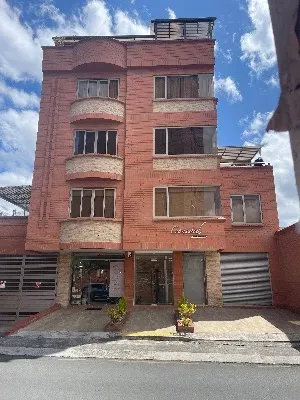Social Security health care system becomes hot campaign issue; Lasso promises big changes, Moreno says it needs a tune-up
With the presidential runoff election only three weeks away, Guillermo Lasso is making the financial health and quality of service of Ecuador’s Social Security health care system a central campaign theme.

An IESS clinic in Guayaquil. (El Comercio)
“The IESS (Social Security) system is not working and needs a total make-over,” Lasso said on Tuesday. “It fails to provide quality service to its members and will run out money within a matter of years the way it is currently being managed,” he says.
Lenin Moreno, who was President Rafael Correa’s vice president when IESS health care was reorganized and expanded, says the system needs improvements but is meeting its objective of providing quality medical care to a large population. “IESS health care is fiscally sound,” he says. “The government has a legal commitment to maintain it and will cover any shortfalls that occur. The opposition’s claim that the system is going bankrupt is a total lie.”
He added that long wait-times to see medical specialists and the occasional shortage of medicine are being addressed.
In the National Assembly’s 2010 overhaul of the system, millions were added to the Social Security system’s rolls. The major change was the addition of members’ children under the age of 18. The changes also mandated that IESS provide health care for those with catastrophic and chronic illness who were not members — the group had previously been covered under the lower-cost public health system.

The José Carrasco Social Security hospital in Cuenca.
The expansion of the system more than tripled the number of beneficiaries, from 2.7 million to 9.1 million. Since 2010, the annual IESS health care budget has grown from $490 million to more than $2.8 billion.
Among other changes to the system was the expansion of the “affiliate” program, allowing those who have not paid into Social Security through their work to join by paying a monthly fee. Among the affiliates are legal foreign residents, which the IESS currently estimates to number about 40,000 nationwide.
In Cuenca, about 2,000 foreign residents are affiliates, most of them Colombians, Peruvians and North Americans. According to an administrator at Cuenca’s José Carrasco IESS hospital, affiliates make up a small part of the membership and pay their own way. “Proportionately, there are more affiliates in Cuenca due to the larger population of foreigners but they are not a burden to the system,” he said. “Their monthly fee is calculated by actuarial tables and can be adjusted based on costs.”
The affiliate program is not part of the political debate, according to the administrator.
Lasso cites the government’s own numbers in claiming IESS health care will run out of money in 2021. He also accuses the government, as do leaders of organizations of retirees, of robbing the IESS pension fund to fund health costs. “The program is not sustainable as it is currently structured,” Lasso says. “The people running it do not understand basic mathematics.”
Moreno responds that the numbers Lasso cites are meant for planning purposes and are not a prediction of catastrophe. “We understand that changes must be made and we are making them all the time,” he says. “To use the figures to say that IESS will fail is simply playing politics.”
One Lasso claim that can’t be denied is that the growth of IESS health care has curtailed almost all investment in private hospitals, clinics and services in the country. It has also, he points out, caused a steep decline in the number of those covered by private health insurance. “Not a single new private hospital has started construction in Ecuador since 2010,” he says. “The government has decided that private health care providers are the enemy, which has killed private investment and made it hard for private practitioners to make a living.”
Lasso says, if he’s elected, he will exempt investors in private health care facilities and services from all taxes for five years. “We still have an 8,000-hospital bed deficit in Ecuador and this is where private enterprise can fill the need.”

















